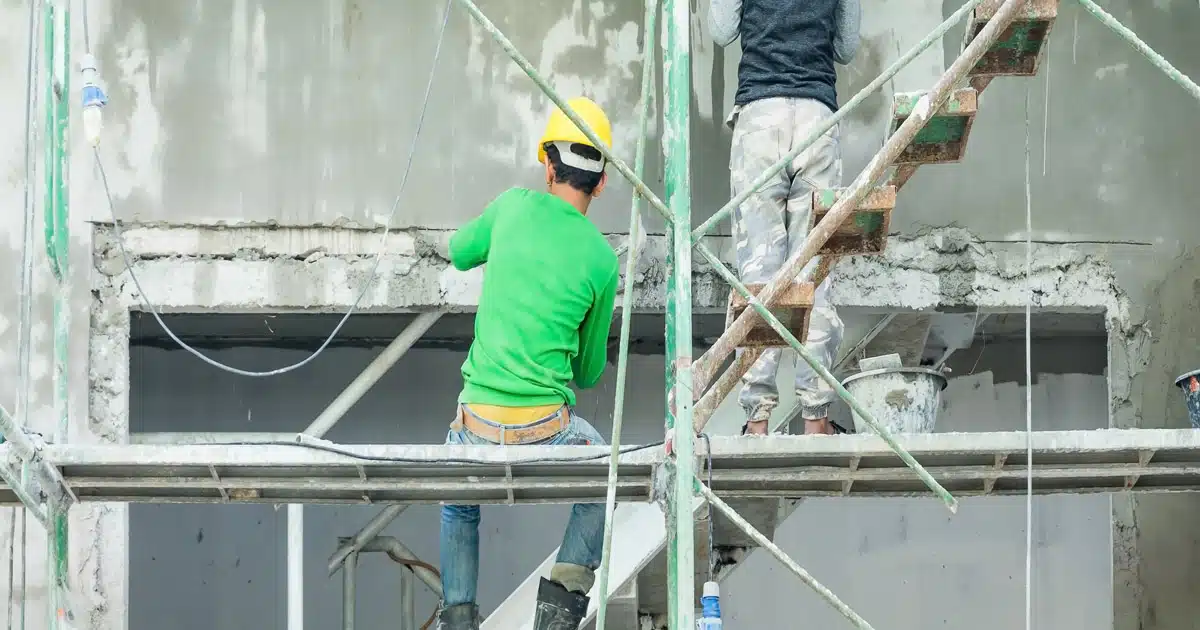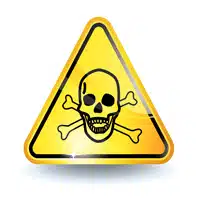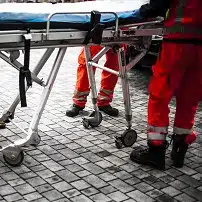Given the nature of the profession, construction sites are inherently dangerous places to work. According to the Centers for Disease Control and Prevention (CDC), over 360,000 non-fatal work accidents per year occur at construction worksites, and over 1,000 accidents result in fatalities. In fact, over 20 percent of all job-related fatal workplace accidents occur on construction sites annually.
Construction workers contend with dangerous equipment, electricity, water, heights, hazardous materials, and inexperienced coworkers on a daily basis. The profession requires physical skill, quick reaction, and extensive knowledge and operation of complex heavy equipment and tools.
Due to the high rate of injuries on construction sites, the Occupational Safety and Health Administration (OSHA) has enacted numerous state and federal safety regulations to protect construction workers. Every state requires that employers provide safe and healthy work environments to protect their employees.
Despite every effort to provide a safe and healthy worksite, accidents can still occur, resulting in injuries ranging from cuts and bruises to a fatal crush or slip and fall injury.
If you are injured at work, you should be entitled to Workers’ Compensation for medical bills and lost wages. It is essential to your claim that, if you are able, take every action to preserve the events surrounding your accident.
Report the Injury
As soon as your injury occurs, notify your supervisor. Workers’ Compensation insurance requires employers file an official record of the incident, which will be used to evaluate your claim.
If no official report of the construction accident is taken because you or a coworker fails to notify the employer, you will not be able to file a claim for compensation due to your injuries. You are also entitled to a copy of the employer’s report.
Seek Medical Care
The most important step with any workplace injury is to be evaluated and treated by a medical professional, even if you think the injury is minor. Many serious medical conditions, such as concussion or internal bruising and bleeding, do not necessarily present at the time of injury. Ignoring injuries such as these can have catastrophic consequences, and lack of medical treatment can forfeit your compensation claim.
Document Everything
If you are physically able, make a record of everything, including photographs. Document where the injury occurred, when it happened, what injured you, and how. Photograph the injuries, scene, materials or equipment involved, hazard signs or lack thereof, and anything else that may become relevant to your Workers’ Compensation claim. If the worksite has a security camera that may have recorded the accident, request a copy of the footage.
Gather Witness Statements
If you are able, take notes or audio recordings of witness statements, including names and contact information, as you or your attorney may need to speak with them later. If you are not physically able, ask a coworker to obtain this information on your behalf.
Contact a Lawyer
Your statements and actions following a workplace injury are extremely important and can be crucial in determining the outcome of your claim. Before making any official statements to your employer or insurance companies, seek counsel from an experienced attorney. You are entitled to handle your own injury claim, keep in mind that what you do and say is irreversible and could potentially jeopardize your case. A seasoned attorney is well-versed in Workers’ Compensation laws in your state, knows your rights, and will help you obtain and compile the records and evidence you need to support your claim for compensation.
The Fatal Four
While any number of accidents can happen on a construction worksite, the OSHA identifies the four most common injury risks as the “Fatal Four:”
- Falls: According to OSHA, over 40 percent of construction-related deaths are the result of workers falling from ladders, roofs, cranes, scaffolding, and many other high places. Falls even from seemingly short distances can have fatal consequences, such as internal damage, brain and spinal trauma, and impact injuries.
- Struck by objects: Along with workers falling themselves, being struck by falling objects can be equally as dangerous and fatal. Tools, materials, buckets, and the like tumbling from a roof can be deadly to workers below. The OSHA reports that brain and neck injuries sustained due to the impact of an object striking a worker account for nearly eight percent of all construction fatalities per year.
- Electrocution: Working under overhead power lines or near electrical panels is especially dangerous should workers come in contact with the high voltage current. Electrocution causes brain damage, burns, and irreparable damage to internal organs, and it accounts for over eight percent of construction-related deaths.
- Caught-in or caught-between accidents: Four percent of construction site fatalities are caused by compression, which is when a worker is caught in between equipment or other large objects or crushed under collapsing structures or materials.
What Are My Rights as a Worker?
Reporting your injury protects your legal rights following a worksite accident. Most states require same day reporting but, depending on your injuries, it is understood that is not always possible. In this situation, report the accident as soon as possible.
Filing your Worker’s Compensation claim should be the next step. Doing so provides formal notice to your employer, the employer’s insurance company, and the courts. Additionally, filing your claim provides you with certain automatic protections. These may vary by state, but all include general protections, such as:
- The right to file your claim in either the Workers’ Compensation or state industrial courts.
- The right to seek medical evaluation and treatment, including necessary ongoing medical treatment based on your injury.
- The right to return to your job if released by your physician.
- If you are unable to return to work as a result of your injury, either temporarily or permanently, you have the right to disability compensation.
- The right to appeal any decision by your employer, the insurance company, or the court if you disagree with the decisions in your case.
- The right to hire a lawyer and have legal representation.
Wilmington Construction Accident Lawyers at Rhoades & Morrow Advocate for Those Injured on Construction Worksites
Accidents on construction sites are common and can be life-altering events. If you have been injured while working at a construction worksite, contact our Wilmington construction accident lawyers at Rhoades & Morrow. Call us at (302) 427-9500 or contact us online to schedule a free consultation. Located in Wilmington, Bear, and Milford, Delaware, we serve clients throughout Middletown, Dover, Milford, Lewes, Rehoboth, Elsmere, and Seaford.





